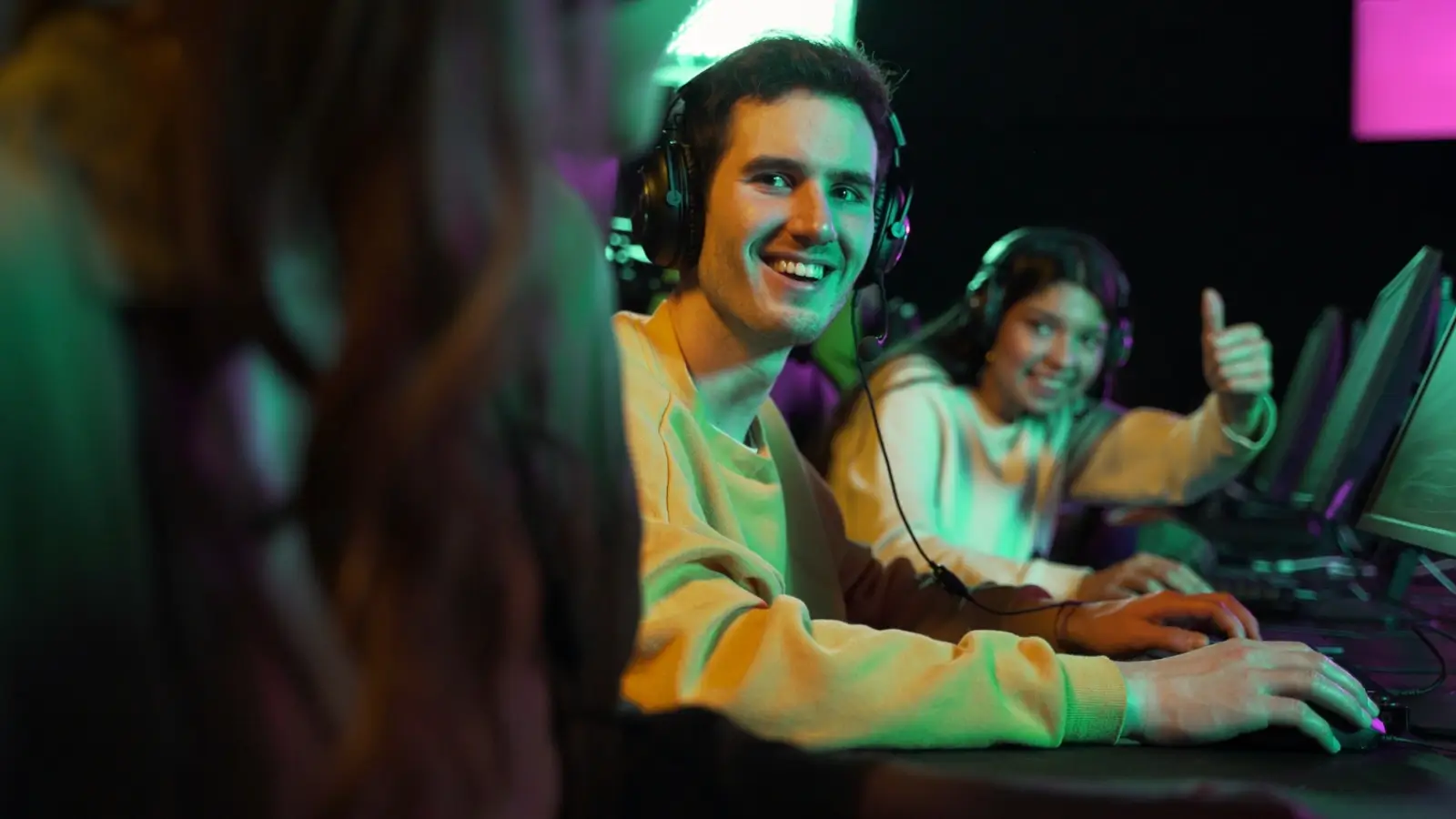


Two strangers share one goal, one screen, one silence. Somewhere in the middle of this tension lives duo queue boosting for gamers – a paid link between skill and surrender. One plays, one follows, both pretend to lead. It is business and confession at the same time, a deal that trades trust for progress.
Every match repeats the same ritual: control, sync, result, withdrawal. And yet players return, not for victory, but for that short moment when chaos feels organized and someone else holds the weight for a while.
Competition stopped pretending to be clean. It got raw, impatient, and too close for comfort. Every player wants to prove something, even if they don’t know what anymore. The ranked queue turned into a pressure chamber where pride wrestles with exhaustion, and victory tastes like relief more than joy. Nobody plays to relax now – they play to survive their own expectations.
This is the new intimacy of competition – personal, tense, and strangely human. Everyone chases the same control they keep losing, yet they keep logging in, hoping that this round, finally, something will feel right.
Boosting works like a strange kind of physics where your stillness becomes movement borrowed from someone else’s momentum. The booster pushes, you rise, and the system treats it as balance instead of dependency. It’s efficiency disguised as connection – two people locked into the same rhythm, one doing the labor, the other feeling the progress. Somewhere in that exchange, a quiet bond forms: trust built on deadlines, respect measured in winrate, and friendship born not from talk, but from precision.
Shared decision-making within duo queue boosting represents a controlled system of asymmetric coordination. One participant, the booster – assumes tactical authority, dictating the sequence of actions, spatial positioning, and tempo of engagement. The accompanying participant – the client – functions as an adaptive extension of this structure, responding to cues, replicating strategic intent, and sustaining the illusion of mutual authorship.
This configuration does not imply equality but demonstrates efficiency through role differentiation. Decision-making becomes a distributed process governed by experience and reaction rather than debate or consent. The outcome reflects a designed hierarchy where coherence replaces autonomy, and collective performance supersedes individual initiative.
The client grants limited authority to another player, transferring the burden of performance while retaining a sense of participation. This transaction produces a paradoxical state – the player both acts and yields, both owns the result and disowns the process. Within this dynamic, the notion of agency becomes elastic: control is shared, redistributed, and at times entirely simulated.
Such interplay reveals the deeper structure of dependency inside competitive systems. The booster’s precision fills the gaps of uncertainty, while the client’s submission preserves the stability of outcome.
The practice of duo queue boosting operates as an informal pedagogical system concealed within competitive play. The learning process unfolds not through explicit instruction but through imitation, rhythm, and exposure to structured efficiency. The client absorbs tactical awareness, spatial discipline, and emotional control indirectly, as the booster models behaviors rather than verbalizes them. Knowledge transmission thus occurs through repetition and proximity rather than explanation or theory.
This form of invisible pedagogy transforms performance into education by osmosis. The client’s mechanics refine unconsciously, decision-making accelerates, and situational understanding deepens, even when the session’s purpose had been purely transactional.
It is established through procedure rather than personal emotion. Both participants operate within defined limits of responsibility and expectation, forming a system that sustains cooperation through reliability and repetition.
Such a structure replaces personal trust with operational control. Confidence is maintained by continuous verification, not belief.
The market of emotions in duo queue boosting describes the regulated exchange of psychological outcomes between participants. The client purchases not only technical advancement but also emotional stability, confidence, and reduction of stress associated with competitive play. The booster, in turn, provides these effects through consistent performance and controlled communication. Emotional value becomes a measurable product maintained by reliability, predictability, and perceived professionalism.
BoostMatch functions as a structured system designed to manage both technical performance and emotional stability within the boosting process. Its infrastructure integrates verified boosters, transparent pricing, and monitored communication to reduce uncertainty and psychological strain for clients. The platform has been standardizing interaction between users, continuously converting shifting emotions of trust and satisfaction into stable operational data. Through this ongoing process, emotional reliability has been turning into a managed constant rather than an uncertain reaction, measured, recorded, and refined as the system has been learning from every repeated exchange.
Duo queue boosting represents the formalized cooperation model in competitive gaming, where efficiency replaces improvisation and trust becomes procedural. The interaction between booster and client evolves beyond service into structured coordination sustained by consistency and measurable performance. Within this framework, learning, control, and dependency are standardized through verified systems that regulate both technical and emotional outcomes. Platforms such as https://boostmatch.gg/ demonstrate how this transformation stabilizes the boosting process, creating predictable results through documented precision.